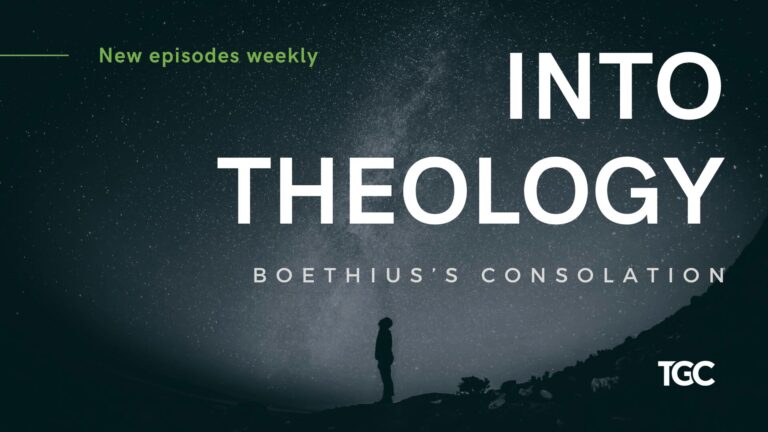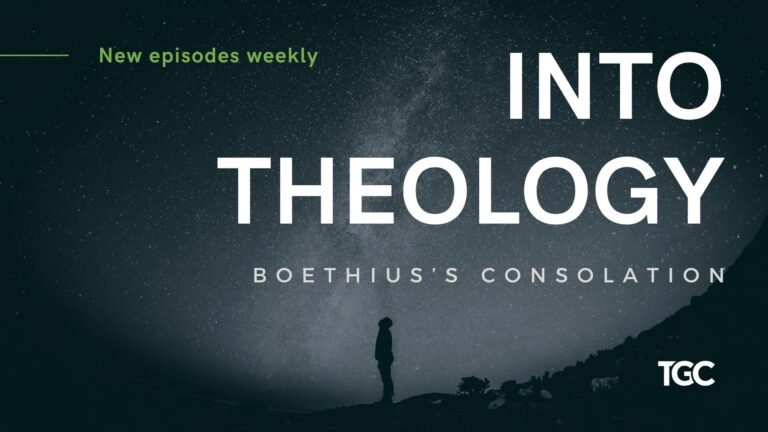Any church that streams or records its service on Sunday believes that something on Sunday morning can be communicated virtually.
While I am not aware of any churches in my circles that would argue that virtual services may replace in-person services, I know that this idea exists on the Internet. But since this view lies at the fringe of the broadly reformed world that inhabit, I am not going to discuss it. Instead, I want to make some observations about why churches stream and/or record their services and importantly what such churches communicate theologically when they stream.
Everything we do carries theological weight. Streaming church says something about our theology. So my question is: why do churches stream their services and what sort of theological reason might we have to do so? The answer to this question, perhaps surprisingly, also tells us why we must prioritize in-person worship.
To Serve Those Who cannot Attend on That Sunday
I have observed three common reasons to live-stream. First, churches desire to serve those who cannot attend due to sickness or other reasons by giving them an opportunity to observe the service.
Theologically, Paul can be away in body from a church but with them in Spirit since we are all one body by the Holy Spirit (1 Cor 5:3; Col 2:5). There is a Pauline and Spiritual Presence that we can draw upon here.
The logic of Christ’s real presence among us (non-physical but spiritual) also requires a non-physical presence (1 Cor 10:16). And without Christ somehow present in the Supper, then how can “we who are many” be “one body” (1 Cor 10:17)? “For in one Spirit we were all baptized into one body,” explains Paul (1 Cor 12:13).
Across the globe and through space and time (since it is not death to die), the whole body of Christ always remains in Spiritual solidarity with itself. A cloud of witnesses before surrounds us Spiritually, not physically (Heb 12:1).
And that cloud, that body of Christ is the church (Eph 1:22–23). By our Spiritual union to the Head (Christ), we become spiritually united not just to Christ but to the whole body of Christ. This is ecclesiology 101, and yet we sometimes never affirm it out loud. And it is good and right to do so.
To Evangelize or to Show People What to Expect on Sunday
Second, some want to use the stream/recording as an evangelistic tool or as a tool to allow people to know what to expect when they visit. Here, the service stream functions as an outreach program.
I can see no obvious problem with either desire. I do have a question, however, about how someone sees the purpose of corporate worship who also streams and/or records their service. Is Sunday morning about worshipping the triune God in Spirit and Truth (John 4:24)? If so, ought we to understand such a service to be evangelistic in purpose?
I’d answer that every worship service is evangelistic because it focuses on the Good News about Jesus Christ, even if evangelism is not the primary purpose of worship. Worship and evangelism cannot be divorced. It is a both-and scenario in which one purpose (worship) brings to fruition the end of another purpose (evangelism).
Paul, after all, assumes that unbelievers will enter into a place of corporate worship (1 Cor 14:22–25). And Paul sees prophecy in worship as leading to conviction, conversion, and worship. So using the internet to stream services or at least sermons may fit into this expectation.
I’d only add that some sermons or services may be only for a local congregation while others might make sense for a broader audience. So perhaps consider why one sermon or service might be streamed and why another may not be.
To Educate
Third, some and perhaps most record/stream sermons in particular as a form of content delivery for all sorts of audiences. On this view, the sermon aims to educate a broader audience than those who attend on Sunday. This might be the easiest purpose to think about theologically.
To be able to use new media that’s parchment, the book, the printing press, or the internet makes sense. After all, Paul sees his apostolic ministry as one where he attempts “to make the word of God fully known, the mystery hidden for ages and generations but now revealed to his saints” (Col 1:25–26).
One plausible danger here would be to reduce the sermon to content delivery rather than a Spiritual event as part of a worship service. As long as churches know can distinguish between the worship service and a sermon on Youtube, this danger can be overcome.
Why We Must Meet In-Person
Of these three purposes, Christians can probably see some benefit. For my part, I affirm that we are all bound to the Head and so part of the body (Eph 1:22–23). We can in a real sense be spiritually present when apart in body. And yet: Paul still wants to visit churches in person to receive an experience of grace (2 Cor 1:15); and churches congregate in person as the normal pattern of life.
Why?
Because the Sunday morning worship service—or whenever you gather—means that we as the Body in one place worship the Lord our God with body, soul, and mind—our whole selves since we are made to be whole selves.












